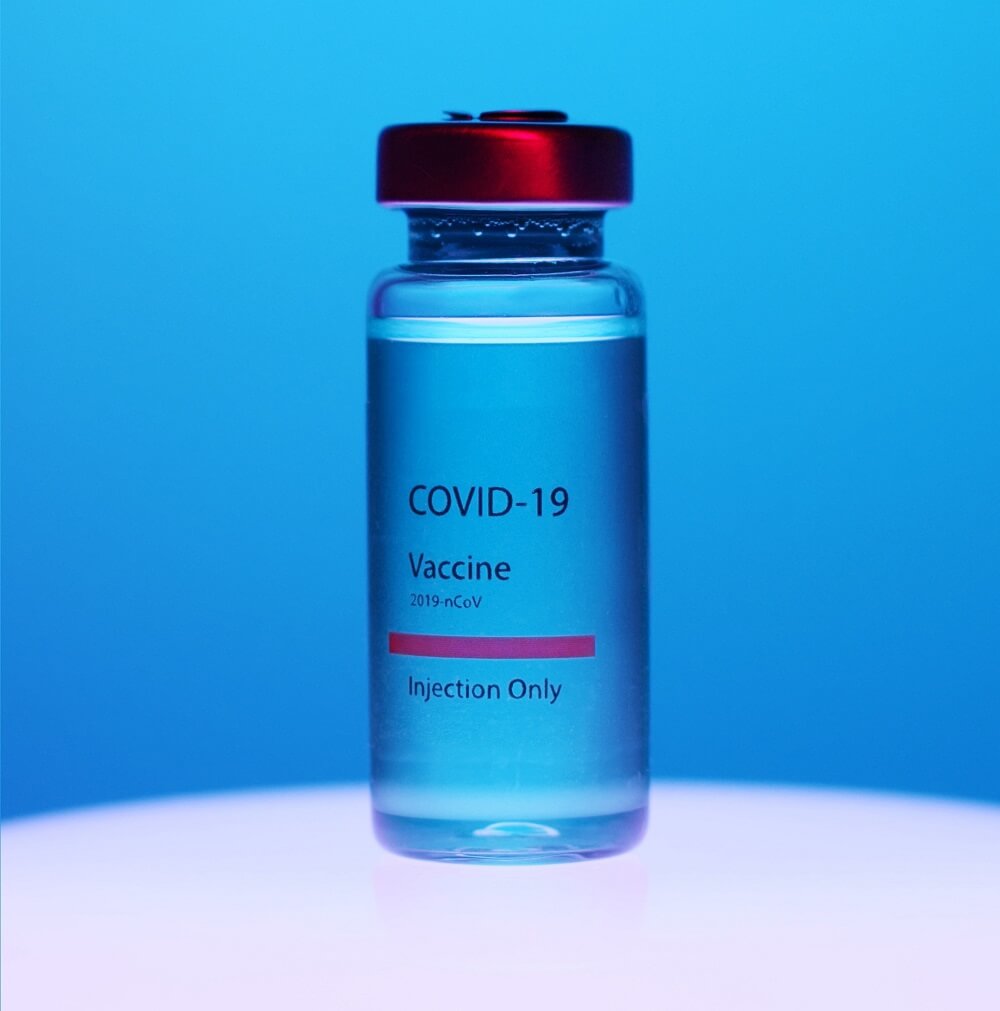Sinovac Vaccine, Is It Really Safe to Use?

Sinovac, a Chinese drug company, is developing a new corona virus vaccine called CoronaVac. This vaccine is a type of corona vaccine that will be used in Indonesia.
Sinovac uses an inactivated method to kill the virus, so their coronavirus vaccine does not contain live or weakened viruses. Sinovac has conducted a clinical trial stage to ensure its safety. Like several other vaccines, CoronaVac which is labeled from the Sinovac vaccine is given in two injections, 14 days apart. CoronaVac works by making antibodies to fight the SARS-CoV-2 corona virus. Antibodies attach to viral proteins.
Vaccination for COVID-19 in Brazil, for example, is planned to start on January 25. Previously, researchers in Brazil delayed releasing full data on CoronaVac in late December, saying only that it was more than 50 percent effective. Sao Paulo’s state Health Secretary Jean Gorinchteyn later said the coronavirus vaccine had not achieved an efficacy of 90 percent. Meanwhile in Turkey, the effectiveness is said to reach 91.25 percent, although that is based on only 29 cases.
Summarized from the New York Times, here are 6 ways the Sinovac vaccine works:
-
Made from the Corona virus
To make CoronaVac, researchers started by taking samples of the corona virus from patients in China, England, Italy, Spain and Switzerland. One sample from China eventually became the basis for making the vaccine.
-
Deactivated corona virus
The researchers cultured the coronavirus in monkey kidney cells. Then, they inactivated the virus with a chemical called beta-propiolactone. The inactive corona virus can no longer replicate, but the protein is preserved. The researchers then took the dormant virus and mixed it with small amounts of an aluminum-based compound called an adjuvant. Adjuvants stimulate the immune system to increase its response to vaccines.
-
Promoting the immune response
Because the corona virus in the Sinovac vaccine is practically dead, it can be injected into the human body without causing Covid-19, although in some cases with a low percentage, it will trigger an immune reaction such as fever. Once inside the body, some inactive viruses are engulfed by a type of immune cell called an antigen-carrying cell. The cell that carries the antigen tears the corona virus and gives rise to several fragments on its surface. Then, the T cells in the body detect the fragment. If the fragments match one of the cell proteins, the T cells become active and can help recruit other immune cells to respond to the vaccine.
-
Making antibodies
B cells as one of the immune cells can also deal with the inactive corona virus. B cells have proteins in various forms, and some may have the right shape to attach to the coronavirus. When the B cell is locked, it can withdraw part or all of the virus and display fragments of the coronavirus on its surface. T cells help match the fragment to B cells. When appropriate, B cells are also activated, multiply, and secrete antibodies to fight the coronavirus.
-
Preventing the virus’ infection
After being vaccinated with the Sinovac vaccine, the immune system can respond to live corona virus infection. B cells produce antibodies that stick to the corona virus and prevent the virus from entering cells because they think of it as foreign objects that can harm the health of the body.
-
Remembering the viruses’ alghoritm
After being vaccinated, the immune system has memory cells that may store information about the coronavirus for years or even decades. These memory cells help the immune system to remember the resistance mechanism against the Corona virus.
If you have any questions regarding your health conditions, our representative is happy to help you. Please kindly contact us here.